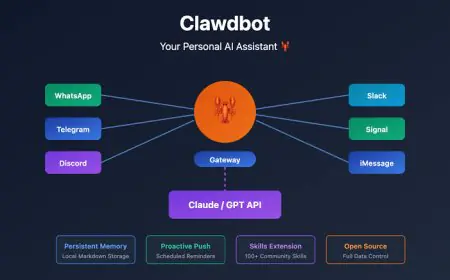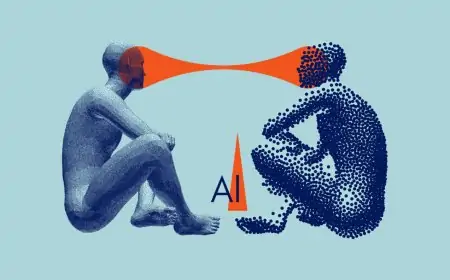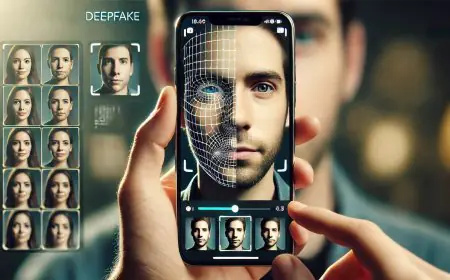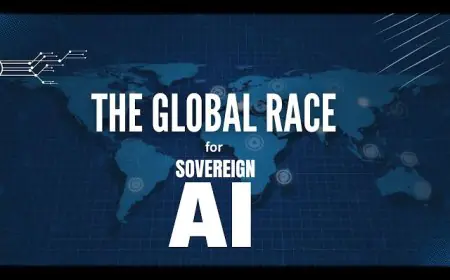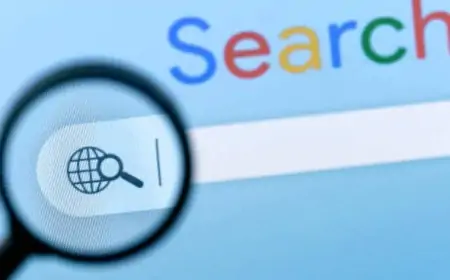Look into the Future: OpenAI Launches Groundbreaking Iris-Based Authentication in Their New World App!
OpenAI leads with innovative iris recognition for user authentication for its World app.

AI technology continues to dominate many aspects of life and now, proving your humanity just got better. Sam Altman's OpenAI is spearheading the development of a versatile application called "World." According to the Wall Street Journal, this innovative platform aims to create a multifunctional super-app ecosystem integrating features such as payments, chat, and micro-loans.
Futuristic Technology
The "World" app uses a futuristic biometric technology requiring users to gaze into a basketball-sized sphere for iris scanning to verify their identity. So far, the technology has successfully authenticated over 11 million users, establishing a substantial user base. However, regulatory hurdles are hindering the app's operation in the US, sparking widespread public concern regarding privacy and data security.
Beyond identity verification, "World" comes with new features like "World Chat," designed to enhance user experience and effectively distinguish real users from bots. Users can identify their interlocutors through World ID. Chats with verified users display blue chat bubbles adorned with a unique World ID gem, while unverified accounts appear as gray bubbles without the gem.
Modern Solution
Using your iris to scan gives off a science fiction feeling, however, it reflects a real-world need, thanks to the rise of AI agents. Continuous identity verification is critical to prove one's identity, which helps to prevent malicious AI from impersonating real users on social networks and payment platforms.
OpenAI's "World" app team, including CEO Alex Blania and co-founder Sam Altman, is striving to create an application that is not only technologically advanced but also effectively provides modern solutions to the challenges of the digital age. As technology continues to advance, the public will continue to seek out ways to secure their privacy.





